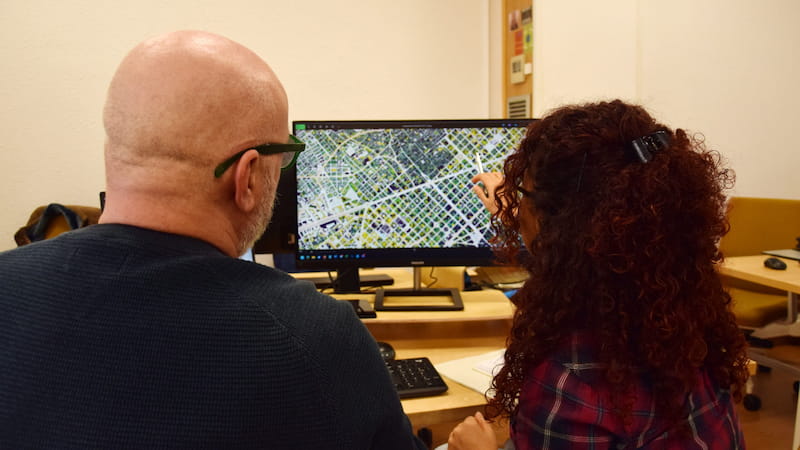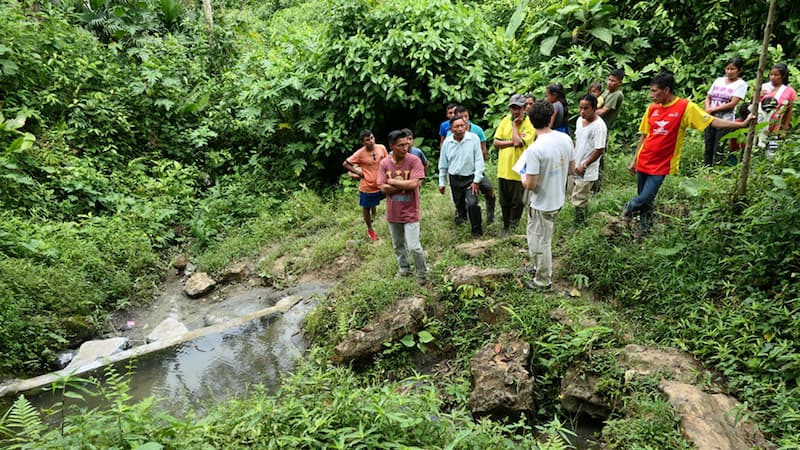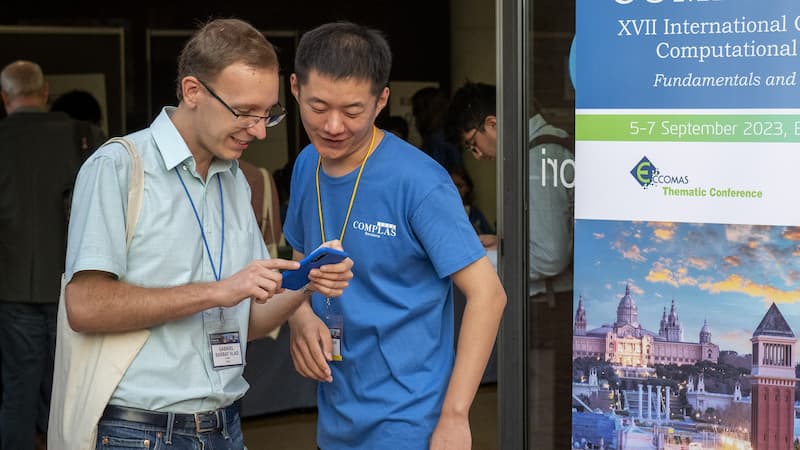Research
Projects
CIMNE leads innovation through global collaborative research projects. Our experts engage in competitive funding from public entities as well as private contracts with industry at local and international levels, partnering with business leaders and academic pioneers to advance applied engineering for a better future.


Research
Projects
CIMNE leads innovation through global collaborative research projects. Our experts engage in competitive funding from public entities as well as private contracts with industry at local and international levels, partnering with business leaders and academic pioneers to advance applied engineering for a better future.






